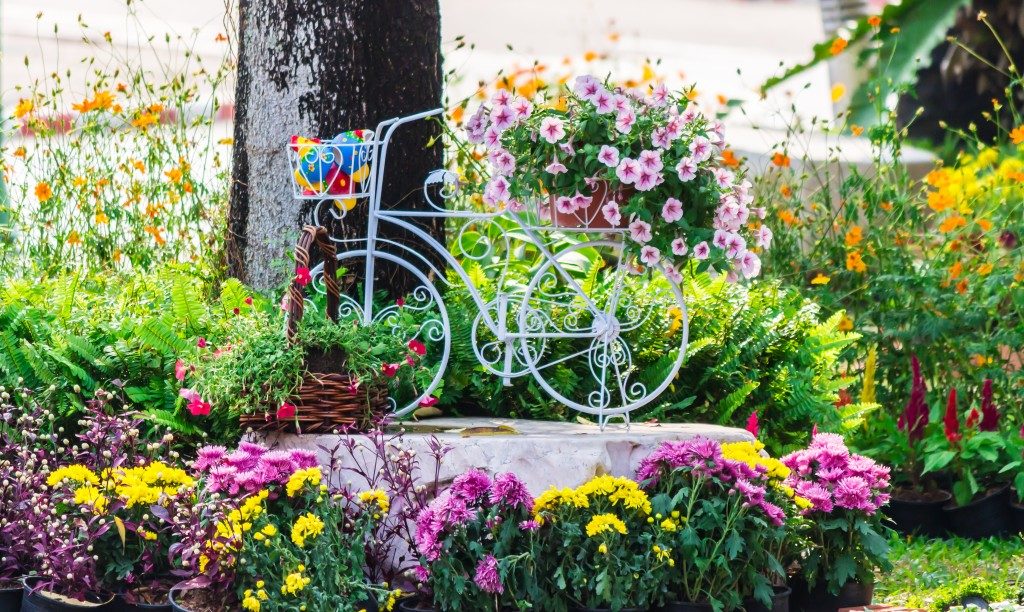If you have a garden in your backyard, then you might have noticed that there are fewer bees and butterflies buzzing and flying over your plants and crops. This may initially look like a good thing, after all, you don’t want to deal with an insect infestation in your garden. However, the decrease in the number of good insects in your garden is a sign of a more pressing environmental issue.
A recent study on insect population around the world revealed that many insect groups, including bees, are threatened by extinction. Bees are the largest group of pollinators, moving pollen from one plant to another plant’s reproductive organ to help facilitate fertilization. Without pollinators, plants will not be able to produce the food needed for animal and human consumption.
One way to help address the declining insect population is to build pollinator gardens. A pollinator garden typically uses native plants which require little care to thrive as they are adapted to the climate of the area. Ideally, your pollinator garden is located in the sunny part of the backyard and is protected from the wind.
Here are some benefits of a pollinator garden:
Facilitates Crop Growth
If you have a vegetable garden in your backyard, you can add pollinator-friendly plants to help increase crop production. Likewise, if you are planning to build a garden in your property, you can incorporate a pollinator garden in your landscape design. While some plants can self-pollinate, there are crops such as apple, broccoli, and celery that are dependent on insect pollination. Insect pollinators like bees are attracted to sweet-smelling plants such as sage, basil, and thyme and colorful flowers such as lavender, goldenrod, and rose.
Controls Unwanted Insects
Pollinator gardens not only attract bees, but they also attract beneficial garden bugs such as beetles and wasps. Beneficial garden bugs prey at destructive insects such as aphids, mosquitoes, and caterpillars that cause damage to your garden. This provides a non-toxic approach in garden pest control which makes your plants healthy and crops safe to consume.
Purifies Air

Having plants contribute to a clean, pollution-free environment. Plants absorb carbon dioxide and release oxygen during the process of photosynthesis. They also absorb pollutants through their leaves and roots, removing harmful substances from the air, soil, and water.
Provides a Valuable Learning Tool
A bee-friendly garden provides a fun hobby and it is also an enjoyable way to promote an early interest in science and bond with your kids. Through a pollinator garden, you can introduce the relationship between insects and plants, observe bees in their natural habitat, and explore the value of insect pollinators in food production.
Below are some of the most common insect pollinators, other than bees, and examples of plants and flowers they are attracted to:
- Butterflies: Coneflower, pot marigold, milkweed, salvia
- Moths: Jasmine, evening primrose, honeysuckle, petunia
- Wasps: Sweet fennel, spearmint, Queen Anne’s Lace
- Soldier Beetles: Catnip, goldenrod, hydrangea
- Midges and Hoverflies: Cocoa, strawberries, pears, apricots
As discussed above, a pollinator garden provides many benefits. They are an essential part of the ecosystem, spreading pollen grains needed by your plants to reproduce and develop fruits and seeds.
